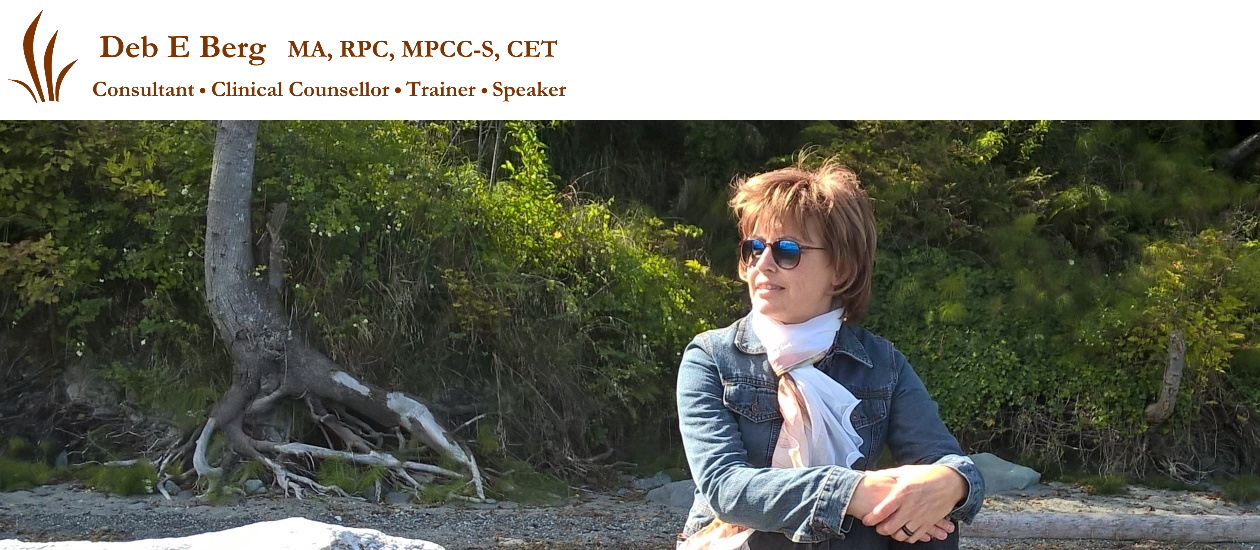This post is in regards to the article: Adult Education: Workplace Training and Diversity (ukessays.com)
The author of this article references researchers from five articles. The conclusion was made that they all agree on three main things that need to be focused on in education. First, teachers need to receive training so that they feel comfortable around the subject of diversity and inclusion. Second, schools need to teach the students about diversity and inclusion in its varied forms. Then thirdly, provide the students with experiential (service-learning) opportunities such as internships that immerse them in a workplace culture of diversity.
Adult Education happens not only in the classroom but also in the workplace. The discussions in our workplace for the last few years (and now more so since the Black Lives Matter movement) has been around how we can get past our unconscious biases to make the work place more diverse and inclusive. We are not unique. The challenge that we face is that we all need to make shifts in our thinking which starts with paying attention to our unconscious biases, those little (and not so little) habits and words that automatically come out without our awareness.
When I was in my early 30’s my younger brother married a lovely First Nations woman. Our family had to shift (experiential opportunity). Over the years I watched her journey and learned many things from her as she explored her roots. But I still catch my brain telling me untrue and hurtful things when I see an Indigenous person if they are street-entrenched. My brain shifts quicker now and it rarely comes out of my mouth, but my brain patterning takes time and consistent practice to overlay.
Along the way I educated (continue to educate) my self through classes and books (receive training). Rupert Ross was one of the authors, Rupert Ross | Penguin Random House. At the time I read this I was working with Indigenous street entrenched people with such challenging stories of injustice in the white man’s system that I came home angry and overwhelmed almost every day. A few of us turned our anger into action through educating our emergency doctors, nurses and social workers. Being involved in supporting the awareness campaign of the tragedy of the ‘highway of tears’ through the release of the film Finding Dawn by Christine Welsh – NFB (the story of my sister-in-law’s sister) has also changed me (receive training, experiential opportunity).
I like the author’s conclusion that when we train students (the upcoming and existing workforce) about diversity and inclusion, it provides an opportunity for more acceptance of others’ differences which will allow them more success in the changing work environments they will be entering. I know my thinking would have been different sooner if I had learned what I’m learning now in my younger school years.
My hope is that as we address this issue in the present we simultaneously address the long journey of shifting the next generation at a younger age through their school education. The agency I work for has a program in the local schools to teach students about healthy relationships (teach the students). Included in this is diversity, inclusion and colonial history. Our current instructor has now joined our Social Justice committee and is exploring ways to deepen this educational opportunity.
I was reminded by this article of the importance of supporting this educational programming by finding ways to increase funding for it (my job includes finding funds) and expanding into other schools and age groups. Recently our Board of Directors completed the latest edits on our Strategic Plan. One of the pillars includes Diversity and Inclusion. We recognized the need to have this lens in every discussion we have when making decisions. Encouraging and supporting our Social Justice committee’s activities is part of this pillar. And then in the personal realm discussions with our kids and grandkids is also an important part of teaching the next generation.
Just a few weeks ago a staff member sent me the article Disrupting Current Colonial Practices and Structures in the Immigration and Non-Profit Sector – AMSSA BOOKLET-FINAL (wordpress.com). (Dupuis-Rossi, Hellson, Reynolds, 2020). This article contains a number of questions to begin asking ourselves as individuals and as an agency. I will continue to work through these questions for myself and with other staff as we put into practice our Strategic Plan (receive training, teach the students, experiential opportunities).
Dupuis-Rossi, R., Charlene Hellson and Vikki Reynolds (2020). Disrupting Current Colonial Practicesand Structures In the Immigration and Non-Profit Sector. Affiliation of Multicultural Societies and Service Agencies of BC (AMSSA)
Ross, Rupert. (1997). Dancing with a Ghost: Exploring Indian Reality. Butterworth-Heinemann.
UKEssays. (November 2018). Adult Education: Workplace Training and Diversity. https://www.ukessays.com/essays/employment/adult-education-workplace-training-and- diversity.php?vref=1
Welsh, Christine. (Director). (2006). Finding Dawn. [Film]. National Film Board of Canada
